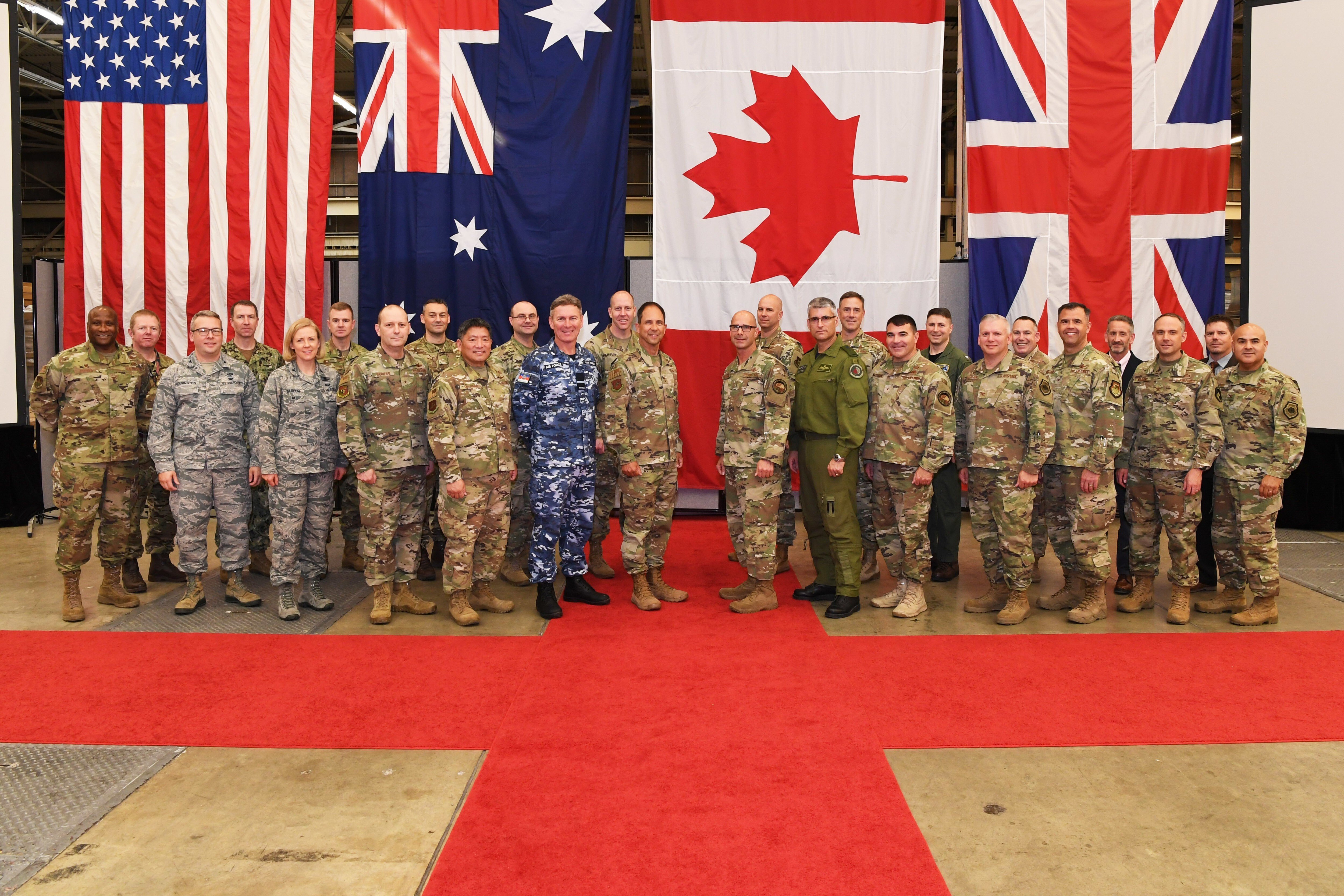Britain, Australia, Canada and New Zealand toe delicate line as fellow member US battles China. Group is increasingly seen by Chinese leadership as an attempt by the US to dominate world affairs.
.

- New Zealand joins Five Eyes partners in slamming 'unjust' barring of opposition candidates in Hong Kong
- Expand Five Eyes
- Post-Brexit Push Afoot to Create New Alliance Between Canada, UK, Australia, New Zealand
- Brexit, the Russia Report, and UK's Five Eyes Alliance Membership
- ‘Five Eyes’ Countries Eye Expanded Cooperation Amid North Korea Challenges
As Beijing began adopting a more assertive role on the world stage, the Five Eyes countries not only shared intelligence with each other but worked collectively on a strategy to deal with China. In 2018, Reuters reported the intelligence sharing network was working with Germany and Japan to build a coalition to counter China, including its increasingly assertive influence operations and investments.
Earlier this year, the Five Eyes took part in a US Combined Forces Space Command forum, as part of the bloc’s increased partnership in the space domain. And last week, Australian Prime Minister Scott Morrison said there were “regular” economic policy talks during the pandemic between the finance ministers from the Five Eyes.
The escalating strategic rivalry between China and the US has accompanied the acceleration of tensions between Beijing and the other Five Eyes. The group backed Australia’s calls for an international investigation into the origins of the coronavirus and supported Taiwan’s participation in the World Health Organisation, sparking criticism from Beijing.
Following Canberra’s push for the inquiry, Beijing issued warnings against travelling to or studying in Australia, and imposed restrictions on imports of Australian barley and beef.
Canada, meanwhile, remains locked in a spat with China over the arrest of Huawei executive Meng Wanzhou, and the subsequent arrest of two Canadians in China, seen as a retaliatory move by Beijing.
June 12 commentary on Xiakedao, a social media account operated by the overseas edition of People’s Daily, said the US used the Five Eyes to control its allies, then used groups such as the G7 and Nato to try to control the world.
“Closely following the US can have benefits, but that does not mean it doesn’t have costs,” the article said.
“Just as Faust said, if you want more benefits than what you yourself are able to obtain, then you have to sell your soul to the devil … For Canada, Australia, and others, they need to give up some of their sovereignty.”
Concerns about Beijing among Western countries has grown. Politicians from Australia, Canada, Britain, the US, Japan, Germany and others formed the Inter-Parliamentary Alliance on China in early June to coordinate responses on the rise of China.
The hawkish British think tank Henry Jackson Society warned in a May report that the five powers were strategically dependent on China in 831 categories of goods, including in critical industries such as communications, energy, transport systems, and information technology.
It urged them to decouple from China through greater economic cooperation with other “rules-abiding countries”, saying: “Given the basis in intelligence sharing, military interoperability and historical ties, between the five powers, they could sensibly extend their cooperation into wider spheres, where shared fiscal and economic cultures exist.”
Timothy Heath, a senior international defence researcher at the US think tank Rand Corporation, said Beijing was primarily concerned the Five Eyes would adopt a shared position for restrictions on Huawei, which could have a “sizeable impact” on US allies and partners in Europe and globally.
China in turn had sought to create division among the five nations in regards to their stance on Huawei, with Britain and New Zealand most vulnerable, although there was a risk its aggressive “arm twisting” tactics could backfire, he said.
“The key will be whether the Five Eyes share a common position or if they are divided.”
While the five countries were increasingly worried about Beijing’s behaviour, their cooperation was mainly on intelligence rather than sharing a common strategy to counter China, with little support for US tariffs and its trade war with China, Heath said.
“On a few issues there is greater alignment, such as suspicion of Huawei, opposition to Chinese efforts to dominate the South China Sea, and criticism of Chinese coercive behaviour and ‘wolf warrior’ style diplomacy. However, even here there is not always agreement on the best approach to counter Chinese policies.”




